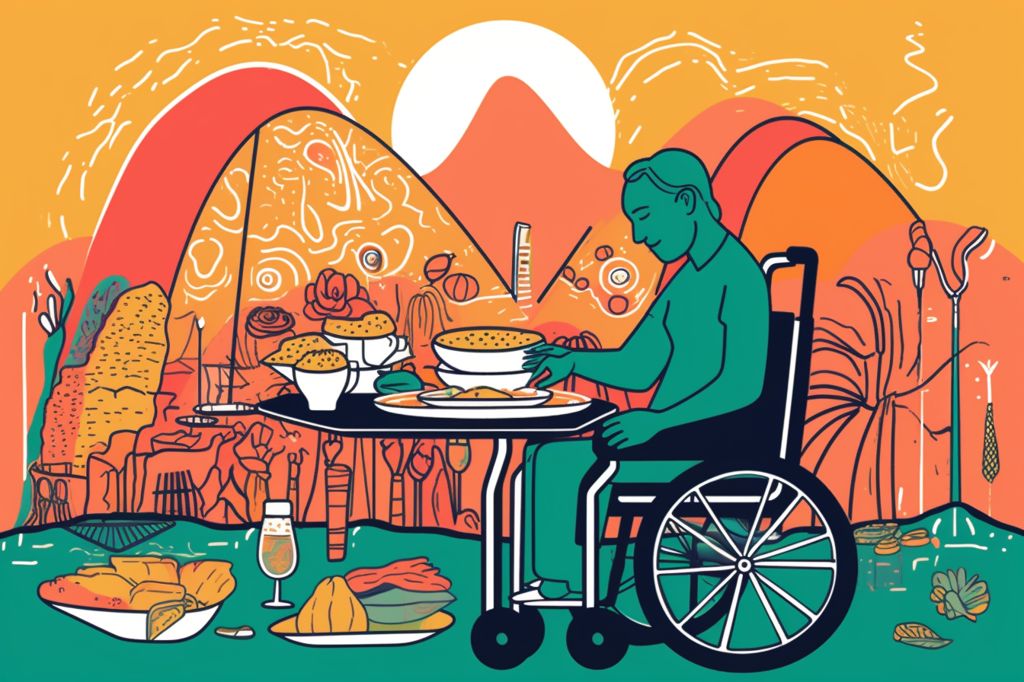Cape Town boasts a vibrant and diverse culinary scene, but accessibility can be a concern for individuals who use mobility aids. A compassionate and inclusive society should ensure that everyone can savor the city’s gastronomic delights. Here are eight Cape Town restaurants that prioritize accessibility for patrons with mobility aids.
Fynkos Tea Room at Kirstenbosch Botanical Garden
Fynkos Tea Room, within the Kirstenbosch National Botanical Garden, has accessible pathways, ramps, and designated parking spaces for mobility aids. The tea room serves breakfast, lunch, and picnics amid one of Africa’s most beautiful gardens.
The Company’s Garden Restaurant
Located in the heart of Cape Town City Centre, The Company’s Garden Restaurant creates a gentle, nature-inspired vibe. With accessible pathways and ramps, guests can savor traditional South African fare and teatime favorites.
Tiger’s Milk, Claremont
This popular Cape Town gem’s Claremont branch has wide doors and a ground floor location, making it a welcoming and accessible dining option. Guests can enjoy delicious pizza and cold beer in an enchanting atmosphere.
La Colombe, Constantia
La Colombe at the Silvermist Wine Estate provides an accessible entrance with a thoughtfully designed ramp, creating a delightful and inclusive experience for all patrons.
Hudsons, Claremont
This ground floor burger joint offers an array of menu options in an inclusive environment, complete with a level entrance and a parking lot connected to the restaurant via a ramp.
The Wild Fig
The Wild Fig marries rustic country charm with accessibility, making it the perfect spot for rugby viewing or indulging in mouthwatering chili poppers.
EL Burro Taqueria, Kloof Nek
This restaurant offers freshly prepared Mexican dishes and is located on the ground floor, featuring a bathroom specifically designed for wheelchair users.
Jonkershuis Eatery, Groot Constantia
Set on the grounds of the historic Groot Constantia wine estate, Jonkershuis Eatery fuses bistro cuisine and Cape Malay influences. The restaurant provides designated accessible parking spaces and attentive staff to accommodate guests’ needs.
By prioritizing accessibility, these Cape Town restaurants promote a more inclusive and equal world, allowing everyone to enjoy the city’s diverse and exciting culinary scene.












